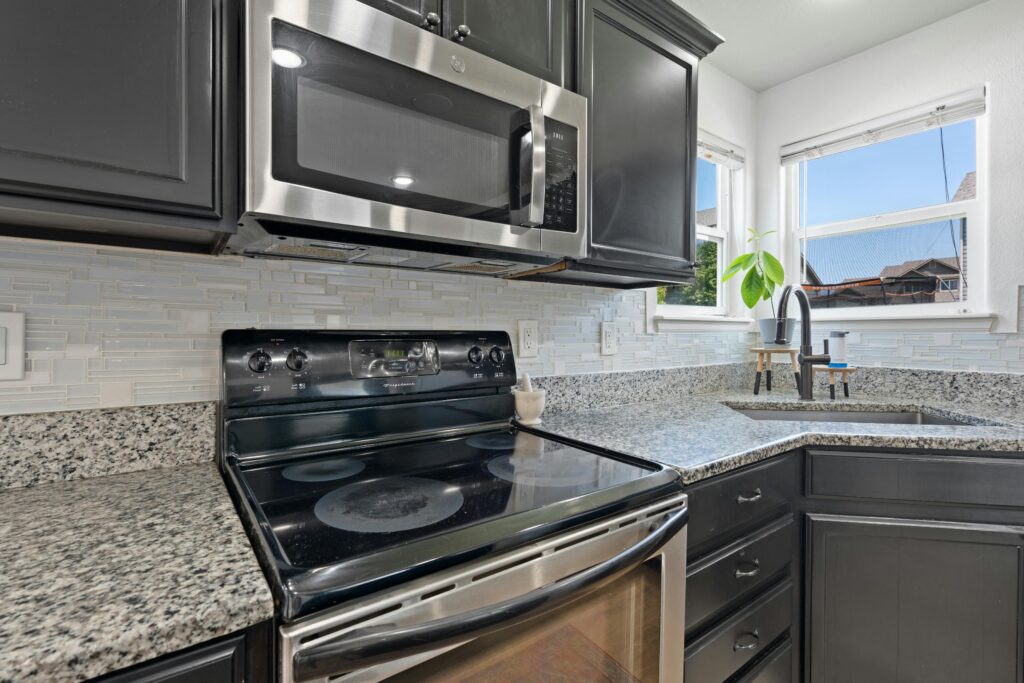
The oven is the centerpiece of any kitchen, where culinary creativity comes to life. Choosing between a gas oven and an electric oven can be a heated decision. Let’s explore the advantages of each option to help you find the best fit for your cooking style and needs.
Gas Ovens: Quick and Responsive Heating
Instantaneous Heat
Gas ovens are celebrated for their ability to provide immediate heat. As soon as you turn the dial, the flames ignite, allowing for rapid preheating and precise temperature adjustments.
Humidity in Cooking
Gas ovens create a moist cooking environment, which is beneficial for certain recipes, especially those that require a tender interior, such as bread and roasts.
Cost-Effective Energy Use
From an operational standpoint, gas ovens tend to be more energy-efficient, which can lead to lower utility bills. If you’re mindful of costs, a gas oven may be the more economical option.
Electric Ovens: Consistent and Even Cooking
Uniform Heat Distribution
Electric ovens excel at providing even heat throughout the cooking space, ensuring consistent results in baking and roasting. This feature is particularly advantageous for delicate pastries and desserts.
Accurate Temperature Management
Electric ovens offer precise temperature control, making them ideal for recipes that demand specific baking conditions. This accuracy is especially important for professional bakers.
Simple Installation Process
Electric ovens are generally easier to install, making them a convenient choice for homes without a natural gas line.
Maintenance and Cleaning Made Easy
Convenient Cleaning Features
Electric ovens often come with self-cleaning options that use high temperatures to turn food residue into ash, which can be easily wiped away.
Straightforward Gas Oven Maintenance
While gas ovens may not have self-cleaning capabilities, they are known for their simplicity. With fewer components, maintenance and repairs are typically more straightforward.
Environmental Impact Considerations
Eco-Friendly Electric Options
If environmental sustainability is a priority for you, electric ovens may be the greener choice, particularly in areas where electricity is generated from renewable sources.
Fossil Fuel Dependency of Gas Ovens
Gas ovens rely on natural gas, a fossil fuel. It’s essential to consider the environmental implications and availability of natural gas in your region.
Making Your Decision: Gas vs. Electric Ovens
In the debate between gas and electric ovens, there isn’t a one-size-fits-all answer. Your choice will depend on your cooking preferences, local energy infrastructure, and safety considerations. Gas ovens shine in quick heating and temperature control, while electric ovens provide more even cooking and simpler installation. Evaluate your budget, local utility costs, and the features that matter most to you in the kitchen to make the best decision for your culinary adventures. Whether you prefer the efficiency of gas or the consistency of electric, both options can elevate your cooking experience and give you mouth-watering dishes. Consider which of the above factors are important to you and choose accordingly.
Want to add something more? Go ahead and express your thoughts in the comments section below.

